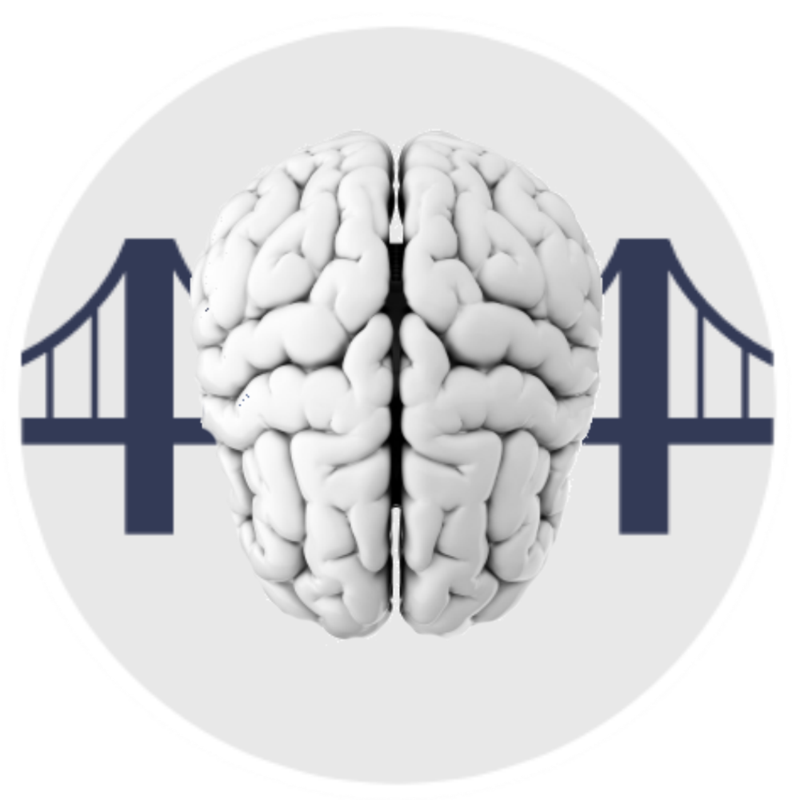Stop! Your Stress is Changing my Brain!
by Janet Zadina on 04/16/18
You probably know that stress changes your brain. In a remarkable study published in one of the most prestigious journals in the world, Jaideep Bains and colleagues found that stress from others has the same effect on your brain as your own stress does!
Okay, this study was done on mice, as much research is, because other studies have shown that in most cases results do translate to humans. But we already had a pretty good idea that this was happening from research on mirror neurons and emotional contagion. This research actually shows that it altered neurons in the brain.
Students are stressed. Teachers are stressed. Each affects the other. Sadly, student stress has negative effects on learning and achievement. Teacher stress can lead to burnout. Both cause retention issues and absenteeism. Stress changes your brain in harmful ways. Not only does it cause problems in thinking and learning, but it can lead to chronic mental conditions such as anxiety, depression, and post-traumatic stress disorder. Prolonged stress can cause health issues as well.
Even worse than stress, we are seeing more trauma in schools. Recent school shootings are raising levels of anxiety and stress in students. Students can be traumatized by a variety of factors. It is important to understand trauma and to create a trauma-sensitive classroom.
The good news is that schools can incorporate practices that reduce stress and to create trauma-sensitive classrooms. To do so, they need to understand about hidden triggers for stress and what practices might make it worse. They need to understand how stress impacts behavior and learning. They need to understand how trauma affects behavior and learning. Finally, they need strategies that are low-cost, easily implemented, and don’t take much time. Fortunately, these needs can easily be addressed.
To explore this topic in enough depth to be useful requires about 1-3 hours of information, beyond the scope of a blog, but available in workshops.
http://www.brainresearch.us/blog.html?entry=anxiety-stress-trauma-and-the
http://www.brainresearch.us/blog.html?entry=reducing-faculty-stress-and-preventing
http://www.brainresearch.us/blog.html?entry=keynote-esl-teachers-the-hidden
(Topics can be geared to your audience and needs and information can be combined.)
But one handy tip that you may find useful is that anxious people tend to focus more on negative triggers than non-anxious people. What they are paying attention to increases their anxiety. One way to reduce anxiety is to change what you pay attention to. How can you do that? The new science of positive emotion has revealed that writing down 3 things a day that you are grateful for reduces anxiety and stress. Why? When you know you have to do this every day (or every class period) you have to start hunting for things to be grateful for. You have to start paying attention to the good things. I did this with my students with great results in having a more positive and calmer classroom. I had them do it the first few minutes of class while I took roll or handed out papers. They never questioned why they had to do it. I would save the explanation for later and maybe ask them whether they have noticed anything different after they have done this for a month. Try it and see!
Additional tips are available in an earlier blog http://www.brainresearch.us/blog.html?entry=texas-you-are-not-alone .
You can find resources on post-traumatic stress disorder at http://www.brainresearch.us/The-Butterfly-Project.html


